"Does changing the coach really make a struggling team shine again?" This question must have been on the minds of West Ham United fans countless times after hearing that Lopetegui was sacked and Potter took over. For a team hovering near the relegation zone, changing coaches is sometimes like betting, not knowing whether it's "winning big" or "losing all hope." And for Potter, this is more like a second venture full of unknowns.
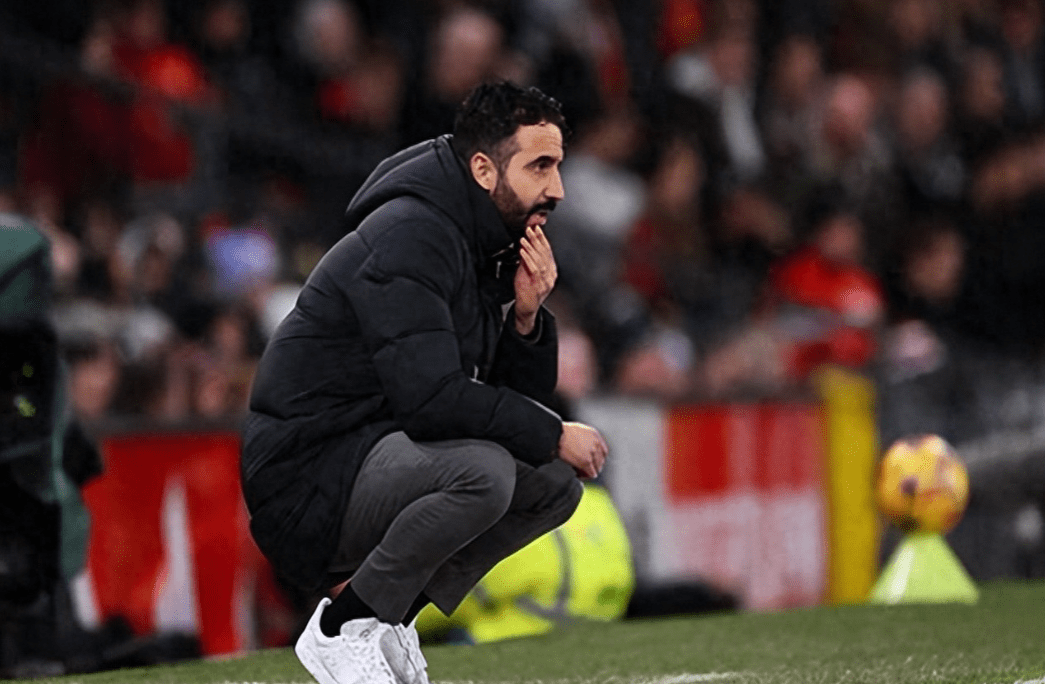
The news of Lopetegui's dismissal is not surprising. As the former head coach of West Ham United, his record during this season's coaching tenure is simply disappointing - the league ranking is close to the relegation zone, and the English League Cup was eliminated early. This team with huge investment not only failed to break through but fell into deeper trouble, making people wonder if this is still the historically renowned "Hammers"? Therefore, the decision-making level of the club chose to change coaches, which is not unexpected, but this decision seems to have come somewhat hastily and with a hint of helplessness.
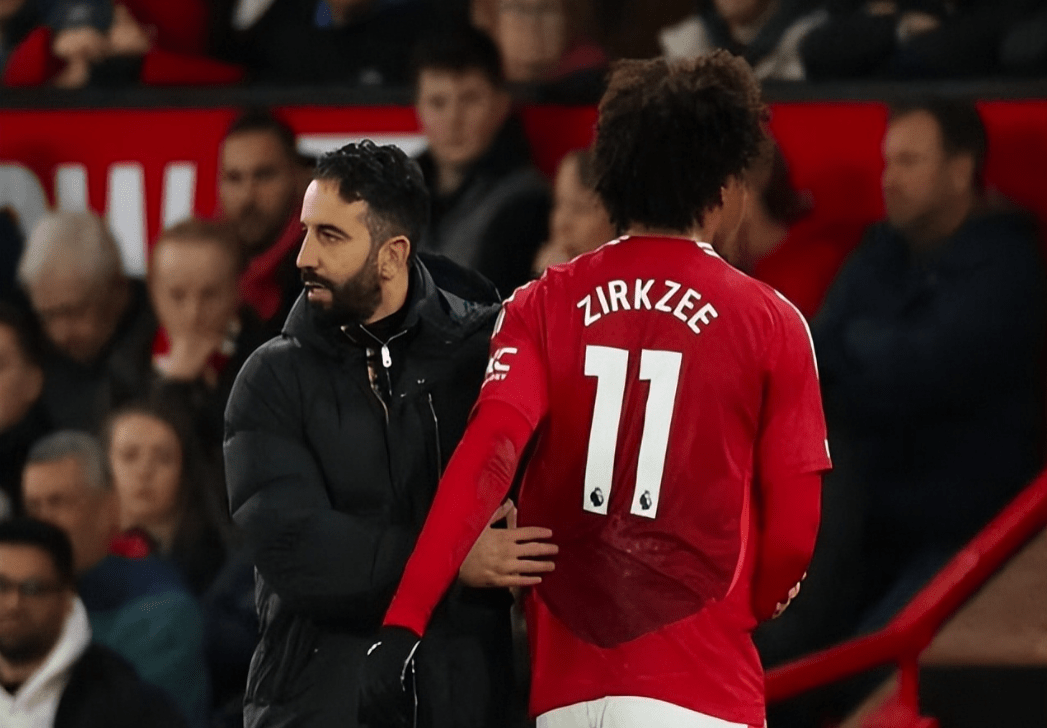
Speaking of Lopetegui, many fans would sigh, "This guy's luck is really too bad." He has coached many top teams - the Spanish national team, Real Madrid, Porto - but the results always fall short of success. He was sacked by the Spanish team shortly before the World Cup started because news of him coaching Real Madrid leaked in advance, directly ending his national team coaching career.

And when he arrived at Real Madrid, the results did not meet expectations, and he was soon fired. Coming to the Premier League, he took over West Ham United, which seemed like a new challenge, but in reality, it was a mess. The poor performance angered the fans, and the club lost patience, ultimately becoming another victim on the "Premier League coach meat grinder."

But to be honest, Lopetegui's coaching problems cannot be entirely blamed on the environment. He is accustomed to working in a well-established system, but facing a team like West Ham United that needs to be completely rebuilt, he always seems helpless. This may be the fundamental reason why he transformed from a top coach's "bullseye" to a "shooting star."
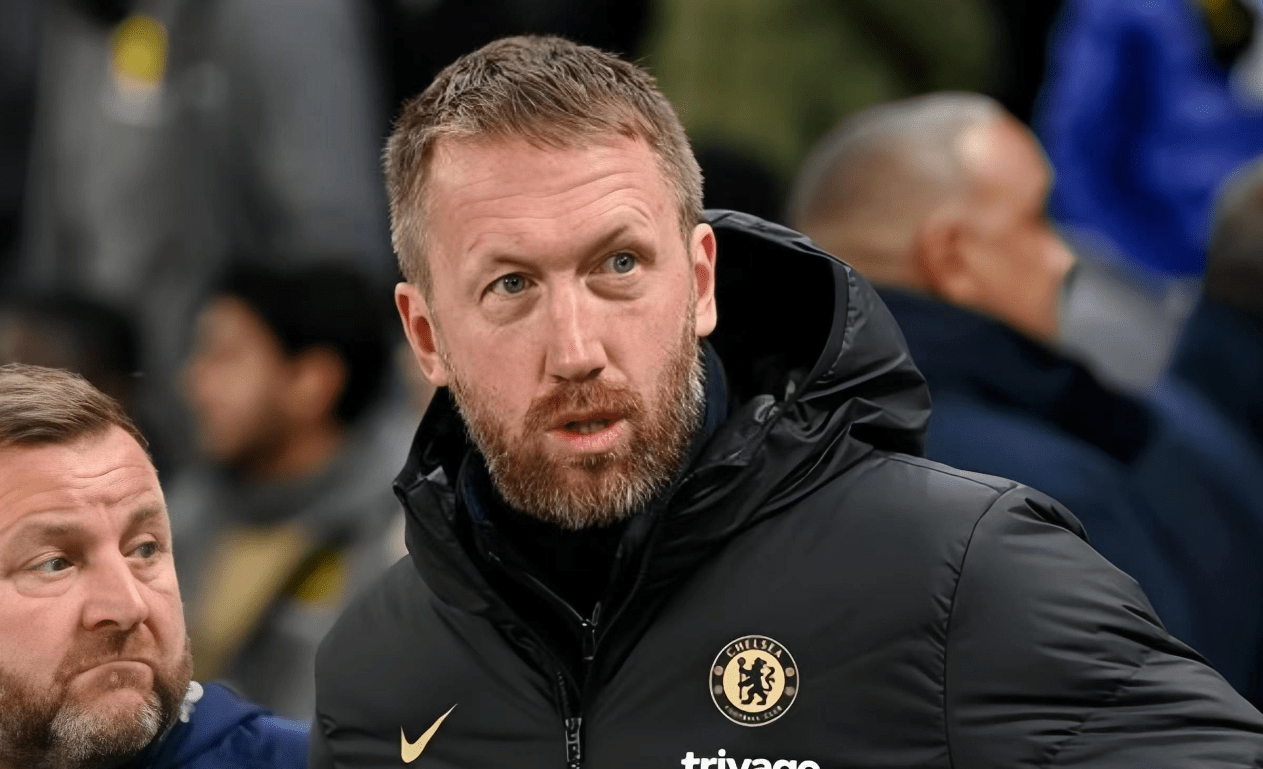
Then, Potter came. This name may be both familiar and strange to some. He was once the "miracle coach" of Brighton, leading the team to stabilize in the mid-table of the Premier League with limited resources and becoming a "stumbling block" for many top teams. With this resume, he successfully caught the attention of Chelsea, jumping directly from Brighton to Stamford Bridge. However, the Chelsea experience gave him a cold shower: mediocre results, criticized tactical style, and ultimately leaving in disgrace under public pressure. This time, his "rebirth in the Premier League" has come to West Ham United.

So the question arises: Is Potter really the right person to save West Ham United? Judging from his characteristics, Potter is good at teaching according to individual abilities and is adept at discovering player potential. For example, during his time at Brighton, he made an average-looking team stand out and once defeated traditional strong teams in the Premier League. But West Ham United is not Brighton; this is a team that has grown up under history and fan expectations. Although Potter's abilities are evident, whether he can adapt to this high-pressure environment remains to be seen based on his actual performance.
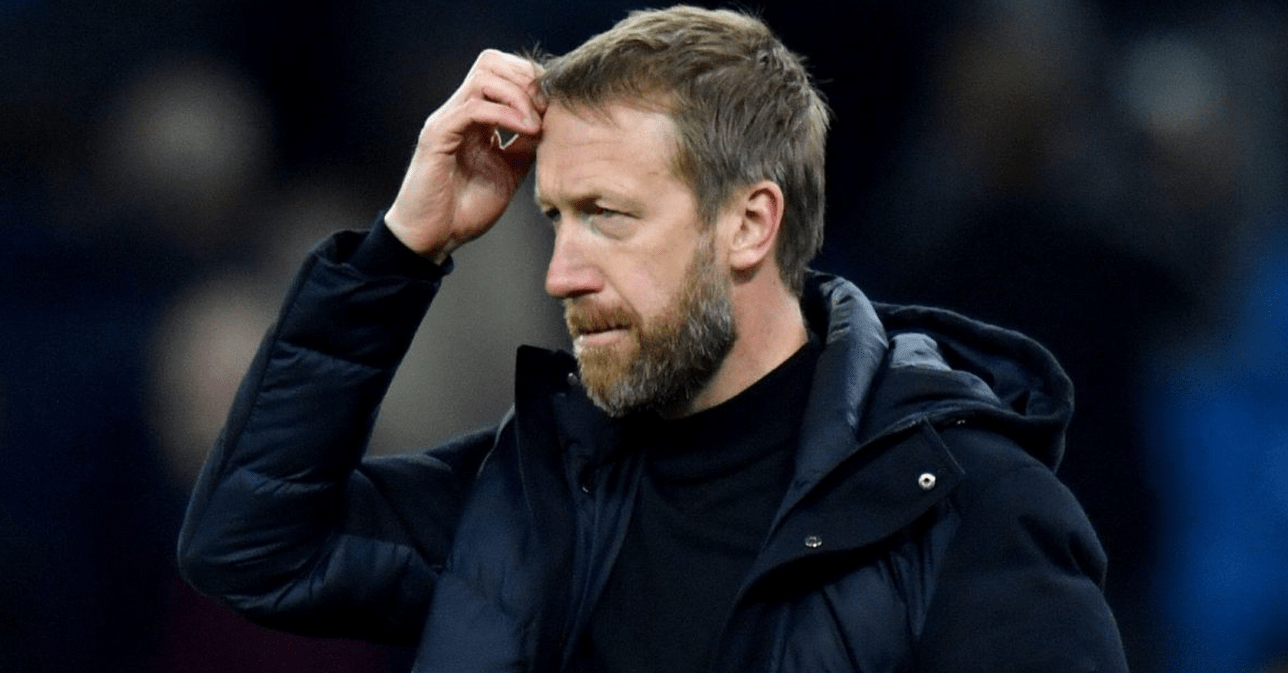
It must be admitted that West Ham United's recent performance has indeed been disheartening. This team with a long history was glorious in the last century and was even hailed as the "cradle" of English football at one point. However, in recent years, the team has fallen into difficulties, frequently changing coaches, poor results, and chaotic tactics, seemingly unable to find direction. From Pellegrini to Moyes and then Lopetegui, none of the coaches have been able to solve the team's problems. Now, they are betting on Potter again, obviously hoping that this "tactical master" can revive the team, but is reality really that simple?
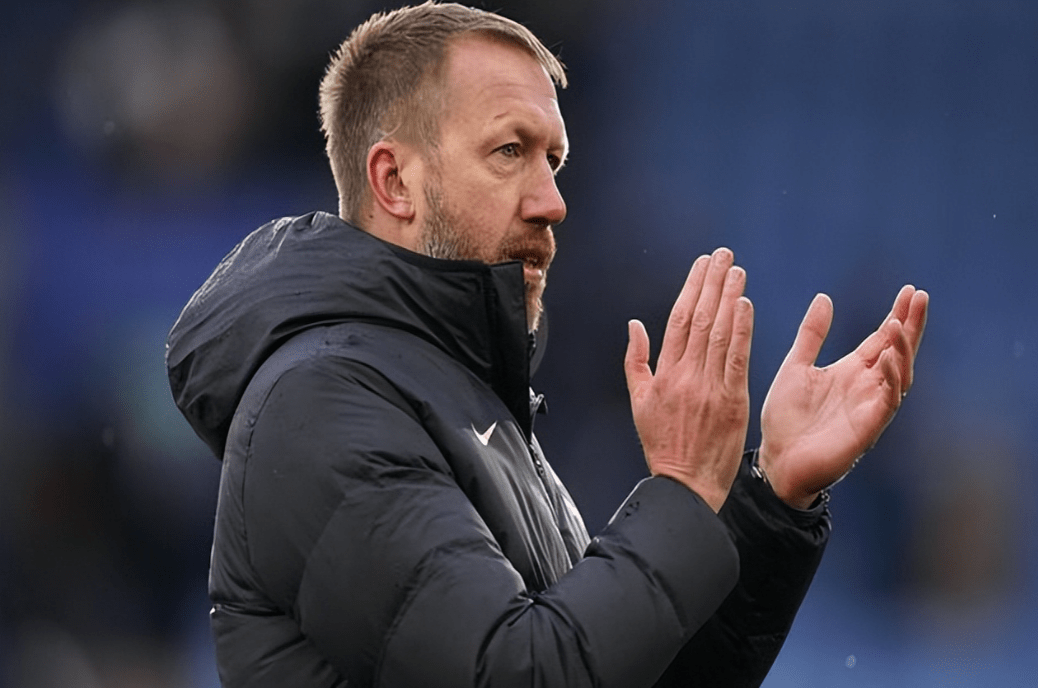
For Potter, taking over West Ham United is akin to "dancing on a tightrope," where a misstep could lead to a crushing fall. So, what problems does he need to solve?
First, the lineup integration issue.
Although West Ham United's players lack star power, the squad depth is sufficient, with players like Rice and Antonio possessing good abilities. However, the problem lies in the lack of chemistry between these players, unfamiliar cooperation, and scattered on-field performances. Potter must find a way to get them to work together, which will take time.
Second, tactical reconstruction.
Potter's coaching style leans towards finesse, preferring flexible tactics to target different opponents. However, in a struggling team, this style of varied tactics can sometimes backfire, as players may struggle to adapt to complex systems. He must find a balance between flexibility and simplification.
Third, the high expectations of fans and the club.
For a team with a long history, fans' demands go beyond mere relegation survival; they hope to see the team return to its peak. The club also hopes for quick returns. This pressure inadvertently makes Potter's coaching job more challenging. If there is no significant improvement in results, waiting for him might still be the word "dismissed."
West Ham United's choice is not uncommon. In the fierce arena of the Premier League, changing coaches seems to have become the "universal solution" for teams to break through. However, judging from the actual results, this approach of "changing coaches like changing knives" is not very successful. The experiences of teams like Everton and Leeds United have already told us that frequent changes of coaches cannot truly solve problems. If the management lacks long-term planning, even if Potter tries his best, it will be difficult to fundamentally reverse the situation.
Potter's arrival reminds us of the "mid-table decline" phenomenon in the Premier League in recent years - once giants like Everton and West Ham United slowly slipping from the top of the league to the lower half. The reasons behind this decline are not just tactical issues but involve multiple aspects such as club management, player mentality, and financial pressures. Potter's task is not only to lead West Ham United to win a few games but also to find the key to breaking the deadlock for this team.
West Ham United's gamble has begun, and Potter is the stake in this high-stakes bet. Whether he will be a savior or cannon fodder, only time can tell. Fans can look forward to it or doubt it, but everything will have to wait until his debut in the FA Cup to reveal the first chapter.